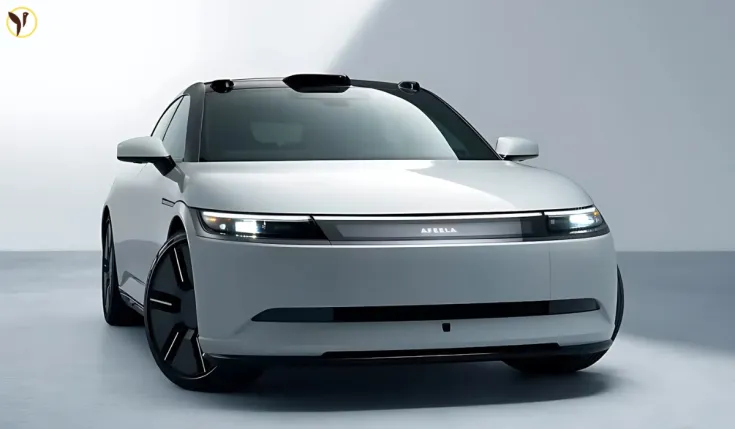Choosing between an electric vehicle (EV) and a hybrid in 2025 is not simply an exercise in car choice; it is a choice in how it aligns with your lifestyle, beliefs, and driving patterns. Technology has evolved, and markets are changing, and both vehicle types have advantages, especially when weighed against fuel costs. Let's explore some of the things to consider when making your decision.
Initial Expenses vs Future Savings
Most EVs to purchase below the price of a hybrid car will cost more when compared and however, it's most likely you'll find the average price for EVs as of March 2025 will be over $59,000, and if we look to something like a model as an example we can see the 2025 Toyota Prius hybrid car as it would start at around $29,485. While an EV will have more initial purchase prices, it is possible to gain savings from the EV operational costs long-term; on the range of expenses you could save between fuel costs or possible maintenance expenses. While from the table you see a hybrid has a lower upfront cost the hybrid will necessarily still run on gasoline and there will be cost to you in fuel.
Fuel Economy and Environmental Impact
EVs have 0 tail pipe emissions; they will be a cleaner vehicle overall - assuming you plug in and charge with no emissions - especially if you are charging in a region that draws power from renewable sources. Hybrids have lower emissions than their gasoline counterparts, but are clearly still contributing greenhouse gases. If you care about reducing your carbon footprint, there are few examples where an EV would not have an advantage.
Tax Incentives and Government Policies
Government incentives can significantly impact the cost-effectiveness of EVs and hybrids. Tax credits, rebates, and other incentives vary by region and can make EVs more financially appealing. However, proposed cuts in U.S. EV tax credits have influenced automakers' strategies, leading to continued investments in hybrids.
Personal Driving Habits and Lifestyle
How you drive on a daily basis is an important factor in determining the best vehicle type. If you have a short commute and a reliable and easy access to a charging station, then an all-electric vehicle would be a good choice. If you are taking trips regularly or don’t have good access to charging, then a hybrid makes more sense and saves you time. A little evaluation of your daily driving can put you on the path toward the best purchase.
Market Trends and Future Outlook
The automotive landscape is changing quickly. In 2024, EV sales stayed relatively the same as 2023, increasing by 4.7%. Hybrids, however, experienced tremendous growth, increasing by 75%. This proves that the consumer appetite for hybrids is real. In response, the automakers are on the move and in development to make the EVs and hybrids a permanent part of the market.
Conclusion
Ultimately, determining if you should purchase an EV or a hybrid in 2025 is a matter of price, environmental concern, driving habits, and amount and proximity of charging stations. Each type of vehicle has its benefits, which speaks to your values and needs.
Source(Image / Thumbnail): caranddriver






